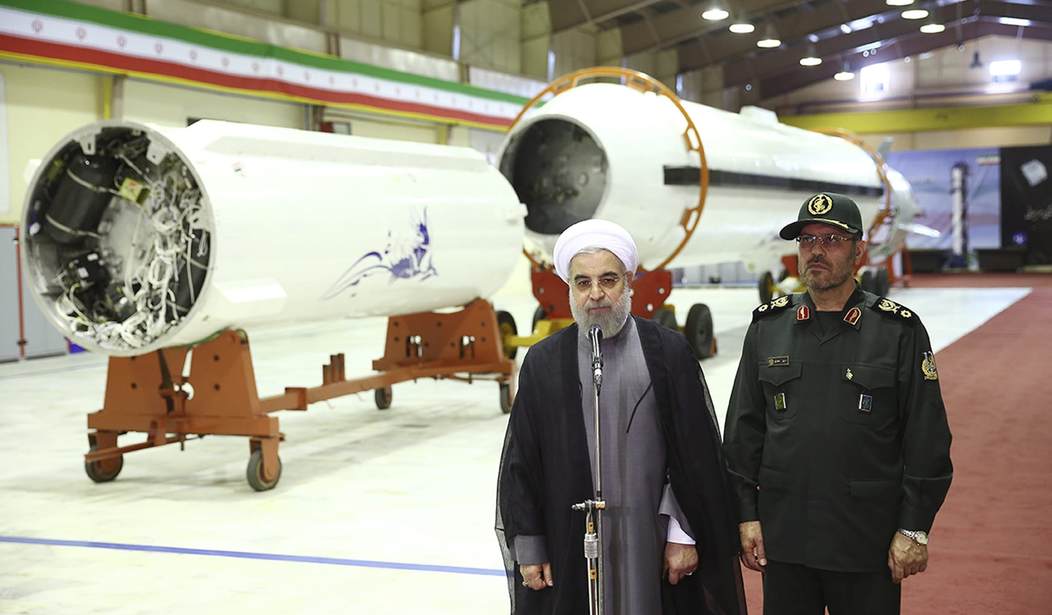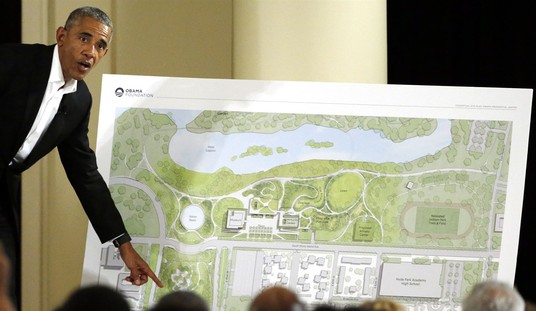WASHINGTON – Europe’s renewed interest in forging a stronger nuclear deal with Iran is the result of President Trump threatening to walk away from the Obama-era pact, a nuclear weapons expert told House lawmakers on Wednesday.
“I think that President Trump has done a service,” David Albright, founder of the Institute for Science and International Security, told the House Foreign Affairs Committee. “We could all argue about how it’s played out, but he’s done a basic service to get people to try to focus on the inadequacies of this deal and fix them.”
Albright, who has inspected Iraq’s nuclear program, argued that before Trump threatened to pull out the U.S. was unable to get European allies to take the deal’s flaws seriously. Rep. Dana Rohrabacher (R-Calif.) agreed with Albright’s assessment, congratulating Trump for bringing “reality” into the conversation and removing the “irrational optimism for the future” floated by the previous administration.
Iran agreed to the Joint Comprehensive Plan of Action in 2015, promising to significantly curb operations at its nuclear facilities in return for the lifting of international oil and banking sanctions. The European Union and the UN Security Council’s five permanent members – the U.S., the UK, France, Russia and China – as well as Germany signed the accord with Iran.
While critics have said that Iran has repeatedly failed to meet its obligations while engaging in illegal nuclear operations, the International Atomic Energy Agency, U.S. intelligence and the Israeli security establishment have all claimed that Iran is in compliance, according to Jake Sullivan, who served as a national security adviser to Vice President Joe Biden. He argued on Wednesday that Trump’s “will-he, won’t-he” dance around certification for the deal – which culminated Friday in Trump announcing he would not certify Iran’s compliance – was distracting the international community from taking on Iran’s subversive behavior in Syria and across the region.
Trump’s move only impacts U.S. law and does not mean an immediate withdrawal from the deal, but it did start the clock on a 60-day window for Congress to decide whether to reapply sanctions that the Obama administration lifted under the deal. Iranian leadership has said it has no plans of restructuring the deal.
Rep. Chris Smith (R-N.J.) noted that Iranian leadership, including the defense minister, has said it would never allow international permit inspectors onto the country’s military bases, which calls into question the legitimacy of compliance claims from the international community. Albright said that Obama’s failure with the deal was his downplaying of the importance of getting demonstrated access to Iranian military installations, which has set up an “unworkable dynamic for inspectors.”
Though Sullivan, now a senior fellow at the Carnegie Endowment for International Peace, said that he never agreed that the Iran deal would fix all issues, he argued that it’s the best option the U.S. has. He said the best way to achieve mutual, bipartisan goals with Iran is to commit to the deal and rally the world in handling all other threats posed by Iran.
“Without a deal, we would be quickly faced with the very same choices we are currently facing with North Korea,” Sullivan said. “These are currently choices we don’t have to confront with Iran precisely because this agreement is in place. We already have to grapple with one nuclear crisis, as this committee knows well. Why would the administration want to create a second one?”
Rep. Brad Sherman (D-Calif.) compared the Iran deal to a car sale, saying that if you take the car back to the dealer, Iran, the dealer gets to keep the car and the money. The deal reportedly freed up about $100 billion of Iranian money tied up in sanctions. Sherman said that he initially opposed the Iran deal because the restrictions on Iran’s nuclear programs were temporary, while the U.S. obligations are permanent. He suggested issuing new, tougher sanctions.









Join the conversation as a VIP Member